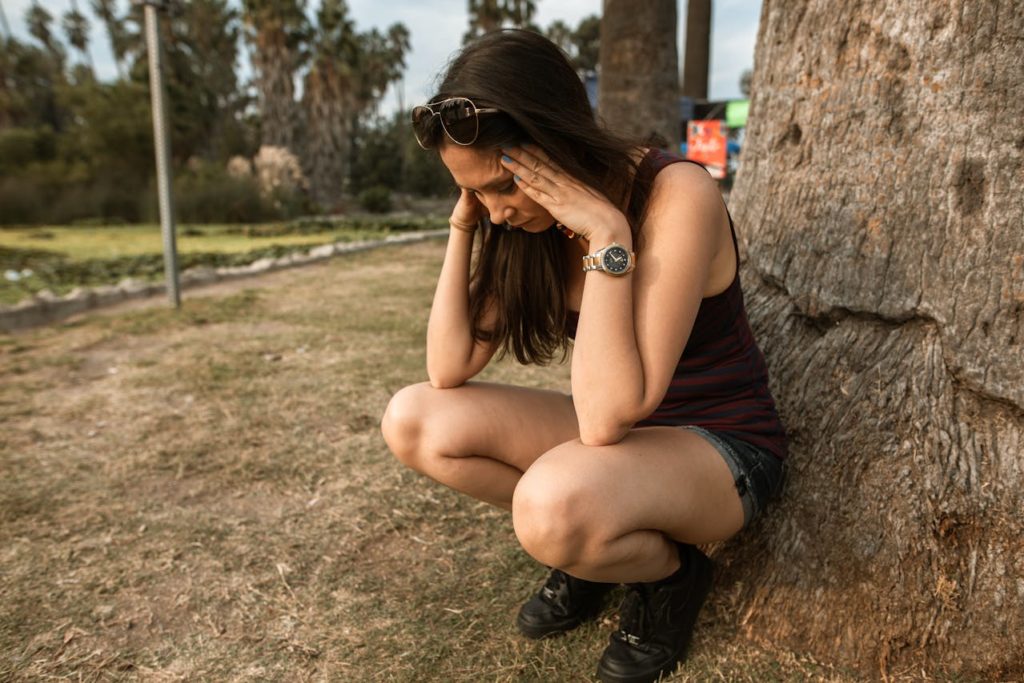Hormonal changes are a natural part of life. They affect your mood, energy, sleep, weight, and even your skin. But what exactly are hormones, and why do they change so much? In this article, we’ll simplify the science behind hormonal changes and help you understand how they impact your body — at every age.
What Are Hormones?
Hormones are chemical messengers that regulate vital functions in your body. They are produced by glands in the endocrine system and travel through your bloodstream to organs and tissues. Key hormones include:
- Estrogen & Progesterone (mostly in females)
- Testosterone (mostly in males)
- Insulin
- Cortisol
- Thyroid hormones
These hormones control everything from metabolism and mood to reproduction and growth.
Why Hormonal Changes Happen
Hormonal fluctuations can be caused by:
- Puberty
- Menstruation and menstrual cycles
- Pregnancy and childbirth
- Perimenopause and menopause
- Stress
- Poor diet or sleep
- Medical conditions (like PCOS or thyroid issues)
Both men and women experience hormonal changes, but the patterns and symptoms can vary widely.
Signs of Hormonal Imbalance
Common symptoms of hormonal changes include:
- Mood swings or irritability
- Fatigue or low energy
- Weight gain or difficulty losing weight
- Irregular periods or PMS
- Hair thinning or acne
- Trouble sleeping
- Low libido
If these symptoms are persistent, it’s important to consult a healthcare provider.
How to Manage Hormonal Changes
Balancing your hormones naturally can often be achieved through lifestyle changes:
- Eat a balanced diet (focus on whole foods, healthy fats, and fiber)
- Exercise regularly (helps regulate insulin and reduce stress)
- Prioritize sleep (7–9 hours per night)
- Manage stress (meditation, breathing exercises, therapy)
- Stay hydrated
- Avoid excess sugar, caffeine, and alcohol
In some cases, medication, hormone therapy, or supplements may be recommended by a doctor.
Hormonal Changes by Life Stage
- Teens: Puberty triggers increased estrogen or testosterone.
- 20s–30s: Hormones fluctuate with menstrual cycles, pregnancy, and birth control use.
- 40s–50s: Perimenopause and menopause cause major shifts in estrogen and progesterone.
- Men: Testosterone levels gradually decline after age 30.
Hormonal changes are completely normal, but they can sometimes disrupt your daily life. By understanding what causes these changes and how to support your body, you can feel more in control and improve your overall well-being.
If you’re unsure about your symptoms, don’t hesitate to get professional advice. Hormones may be tiny messengers, but they have a big impact.





